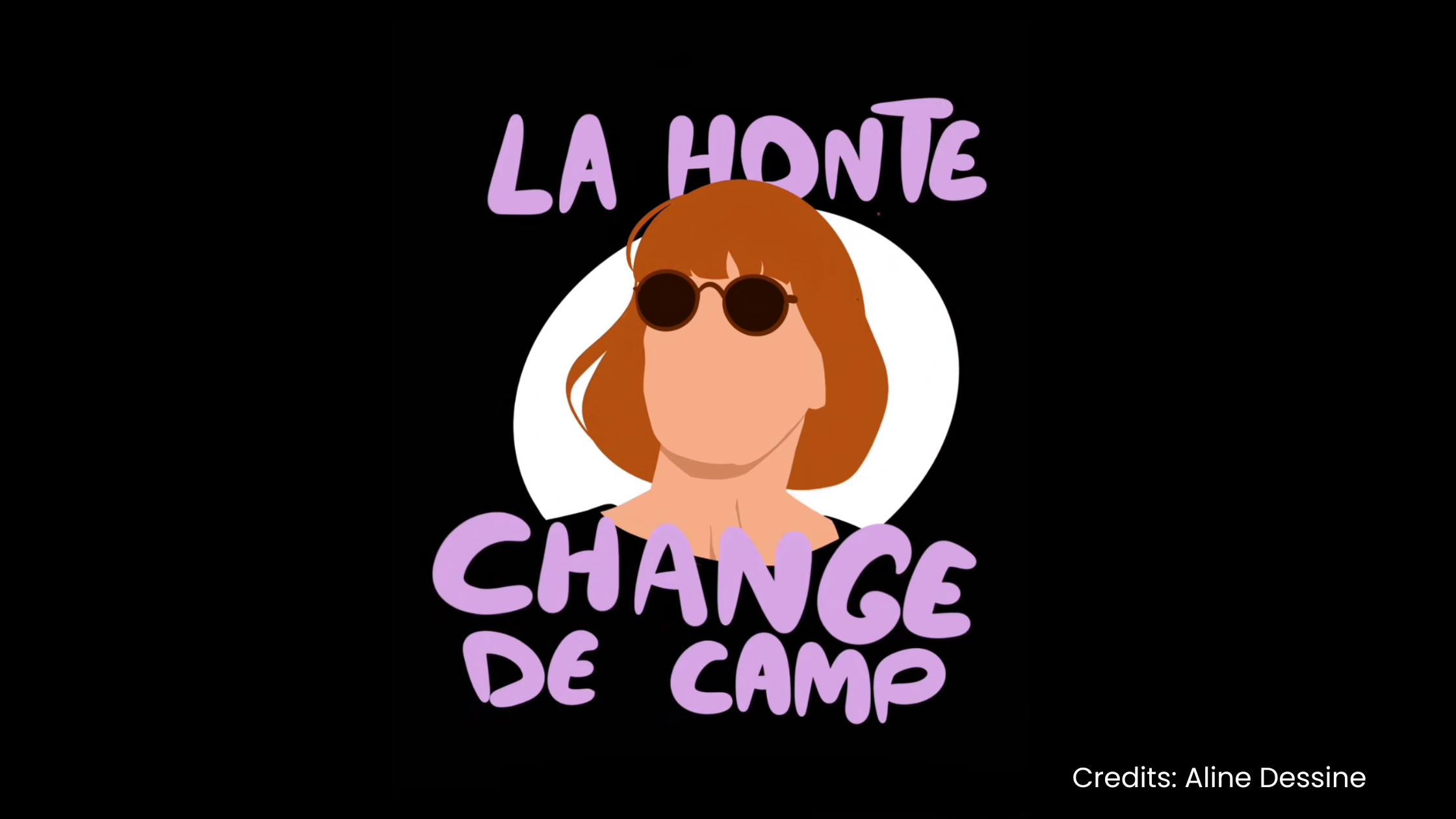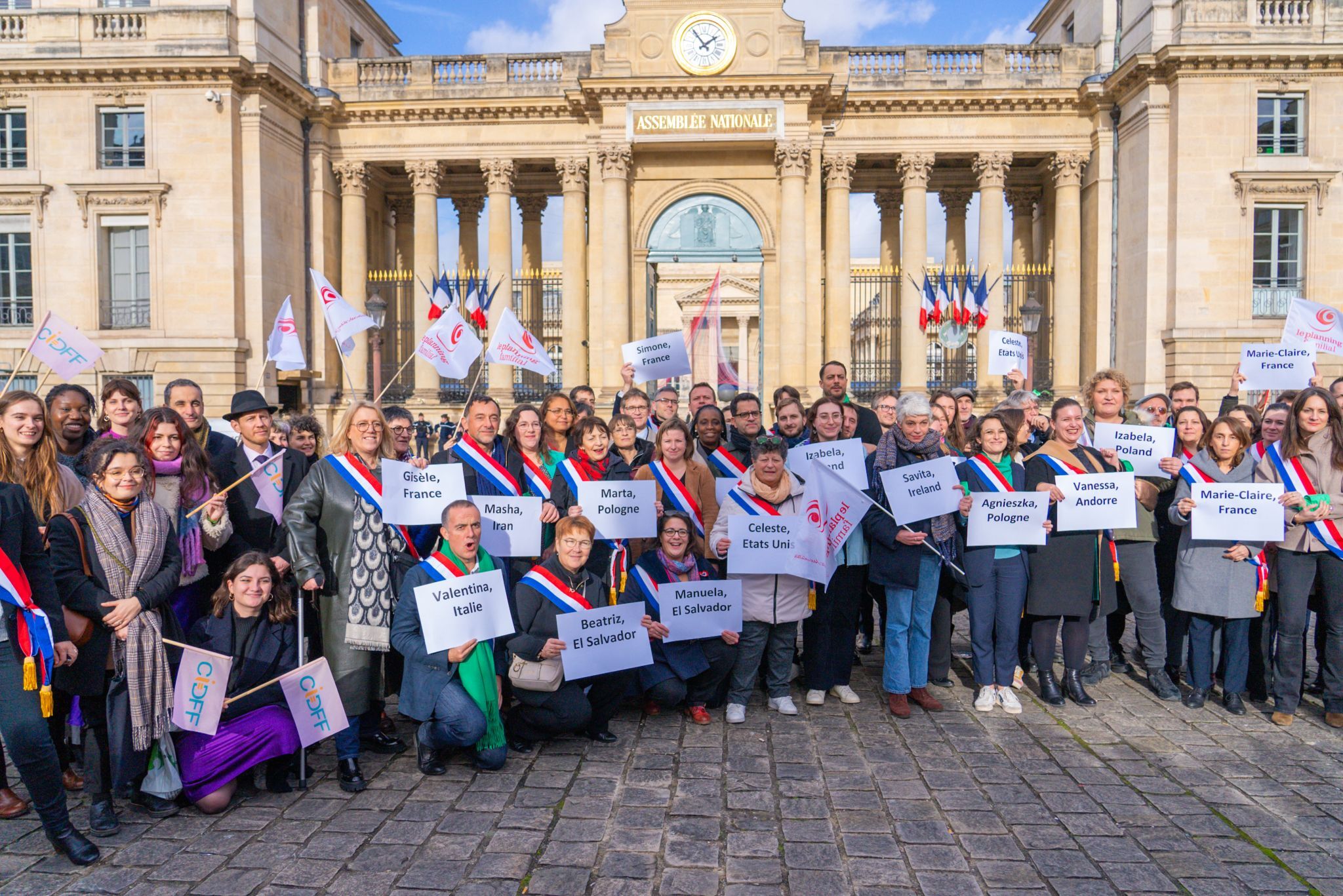25 July 2024 – The International Planned Parenthood Federation (IPPF) laments the missed opportunity by the European Court of Human Rights (ECHR) to ensure that the human rights of sex workers are respected, protected and fulfilled by all European Member States, in accordance with the European Convention of Human Rights.
The ruling comes after 261 sex workers, many of them migrants and/or gender minorities, filed a complaint to the ECHR in December 2019 to challenge the French Prostitution Law 2016, upheld by the French Constitutional Court earlier in 2019, which criminalizes the clients of sex workers and led to human rights violations of the sex workers.
IPPF and its Member Association in France, Le Planning Familial, were among the numerous communities, health, human rights and feminist organizations that supported the sex workers’ application to the ECHR, noting the extreme deterioration in the living and working conditions of sex workers since the criminalization of clients came into force.
We are disappointed that the ECHR has chosen to neglect its duty to ensure the protection of human rights of all people, without discrimination. In doing so, the leading human rights norms and standards on sex workers rights remain in the recommendations of the major UN agencies including the World Health Organization, UNAIDS and the UNDP, as well as by major international human rights organizations such as Amnesty International, the International Lesbian, Gay, Bisexual, Trans, and Intersex Association (ILGA) World, Human Rights Watch, and Transgender Europe, as well as IPPF.
The court’s decision was an opportunity for the European region to establish a precedent in human rights jurisprudence that reaffirms what sex workers themselves have demanded for decades: that sex workers are entitled to the respect, protection and fulfillment of their human rights, free from discrimination, including the right to privacy and autonomy, the right to be free from violence and discrimination, and the rights to physical integrity and life.
Micah Grzywnowicz, Regional Director of the IPPF European Network, said:
“Rather than seizing a critical opportunity to protect human rights, we are disappointed that the European Court of Human Rights has instead deferred the issue to legislatures, despite recognition that the Swedish Model infringes on sex workers rights. Rather than ensuring the human rights of sex workers in Europe are guaranteed by States, their human rights are now dependent on their geographic location and the country in which they live.
Strong evidence demonstrates that criminalization laws have negative consequences for sex workers and their families, and lead to violations of their human rights. We are disappointed that the voices, human rights, and autonomy of sex workers have been deferred by a Court established exactly for the purpose of guaranteeing the human rights of all people, without discrimination.”
In 2022, IPPF adopted a Sex Work Policy which focuses on evidence-based policies which best respect, protect and fulfill the human rights of sex workers. Informed by the lived experiences of sex workers globally, our policy strongly supports decriminalization, together with social policies that address structural inequalities that manifest in all areas of society including sex work. Notably, the policy notes that “widespread criminalization, stigma and discrimination not only violate their human rights to live free from violence and discrimination, the right to health, and sexual and reproductive rights, but also limit sex workers’ capacity to self-organize, access funding for service provision and advocacy, and meaningfully engage with civil society organizations (including unions) and policymakers.”
It is essential that we stand with sex workers to support their continued advocacy to be free from discrimination and exercise their human rights. IPPF stands in solidarity with all sex workers around the world and calls on all governments to take immediate steps to guarantee sex workers’ human rights.
For media inquiries please contact [email protected]
About the International Planned Parenthood Federation
The International Planned Parenthood Federation (IPPF) is a global healthcare provider and a leading advocate of sexual and reproductive health and rights (SRHR) for all. We are a movement of 150 Member Associations and Collaborative Partners with a presence in over 146 countries.
Building on a proud history of 70 years of achievement, we commit to lead a locally owned, globally connected civil society movement that provides and enables services and champions sexual and reproductive health and rights for all, especially the under-served.
We advocate for a world where people are provided with the information they need to make informed decisions about their sexual health and bodies. We stand up and fight for sexual and reproductive rights, and against those who seek to deny people their human right to bodily autonomy and freedom. We deliver care that is rooted in rights, respect, and dignity - no matter what.















